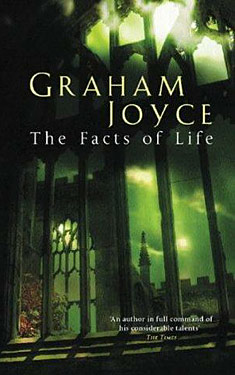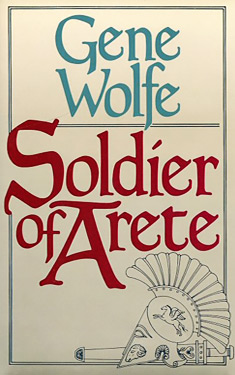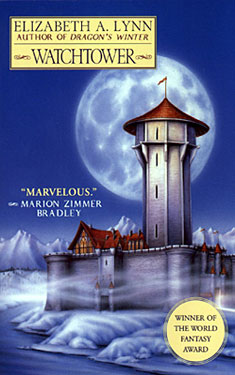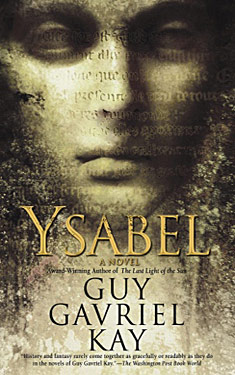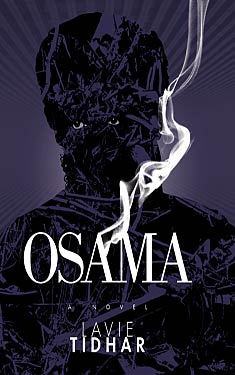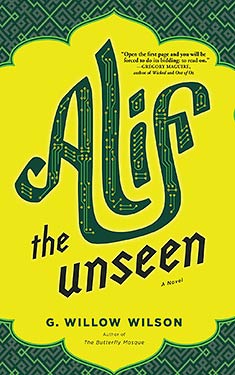Graham Joyce
Completed 1/29/2023, Reviewed 1/29/2023
5 stars
This is one of those books that really is general fiction with just a touch of fantasy or perhaps magical realism. And yet that touch brought it to the forefront of readers enough to win it the 2003 World Fantasy Award. The book is about a large, quirky family, some of the members being able to see ghosts. It takes place during and shortly after WWII in Coventry, England. Joyce has been compared to many authors, but I’d say he reminds me most of early John Irving. The prose is luscious and the characters are, well, quirky. And I found it to be one of the most entertaining, engrossing, and tear-jerky novels I’ve read in a long time.
Martha is the matriarch of a family of seven daughters: Aida, Evelyn, Ina, Olive, Una, Beatie, and Cassie. The youngest, Cassie has just had her second baby out of wedlock, this time, by an American GI in England during the war. But this time, she can’t give the baby boy up. Martha and the sisters are worried about the welfare of the boy because Cassie has “blue” periods where she sees her dead dad and goes off for days. She’s clearly bipolar. But it’s the mid- to late-40s, and some issues are kept in the family. Martha figures a way of keeping baby Frank out of harm’s way, by having Cassie and Frank live with her, then with the families of the other sisters.
At first Cassie is a little off-putting. I was disturbed by her keeping the baby when she clearly has mental health issues. However, Martha, with her pipe and stout beer, is like a conductor, orchestrating the care of Frank amongst all the sisters. Not only does it give us insight into all the sisters, but also Cassie and Frank and how they live and react to the changing environments. Frank gets to live on a farm with Una and her husband, with the spriritualist twins Evelyn and Ina, with the anarchist Beatie, and with the prim and proper wife of an embalmer Aida. And during this, Cassie gets to have blue funks while Frank is cared for.
I really liked all the characters. I was amazed at how Joyce could fit so much character development in three hundred pages. I felt I had a really deep sense of each of the sisters. The husbands got occasionally confusing, though. The big issue in the family is that Martha, Cassie, and Frank can see and hear the dead. It’s not overwhelming, but happens every now and then. For Martha, the occurrences are generally prophetic. For Cassie, they signal a bipolar swing. For Frank, well, his experiences are just plain creepy.
It's a little hard to write about this book. It’s just a wonderful slice of the lives of a very peculiar family. It’s executed so well that I loved every minute of my reading and had a few tears at the end. I was wrapped up in all their dramas and quirks. There’s even an appearance of the “ghost” of Lady Godiva, who hailed from Coventry. I give this book five stars out of five. I may be rating this high because it reminds me of how good general fiction can be. It’s certainly not the best fantasy out there, but it’s one of the best near-non-genre books I’ve read in a long, long time.
